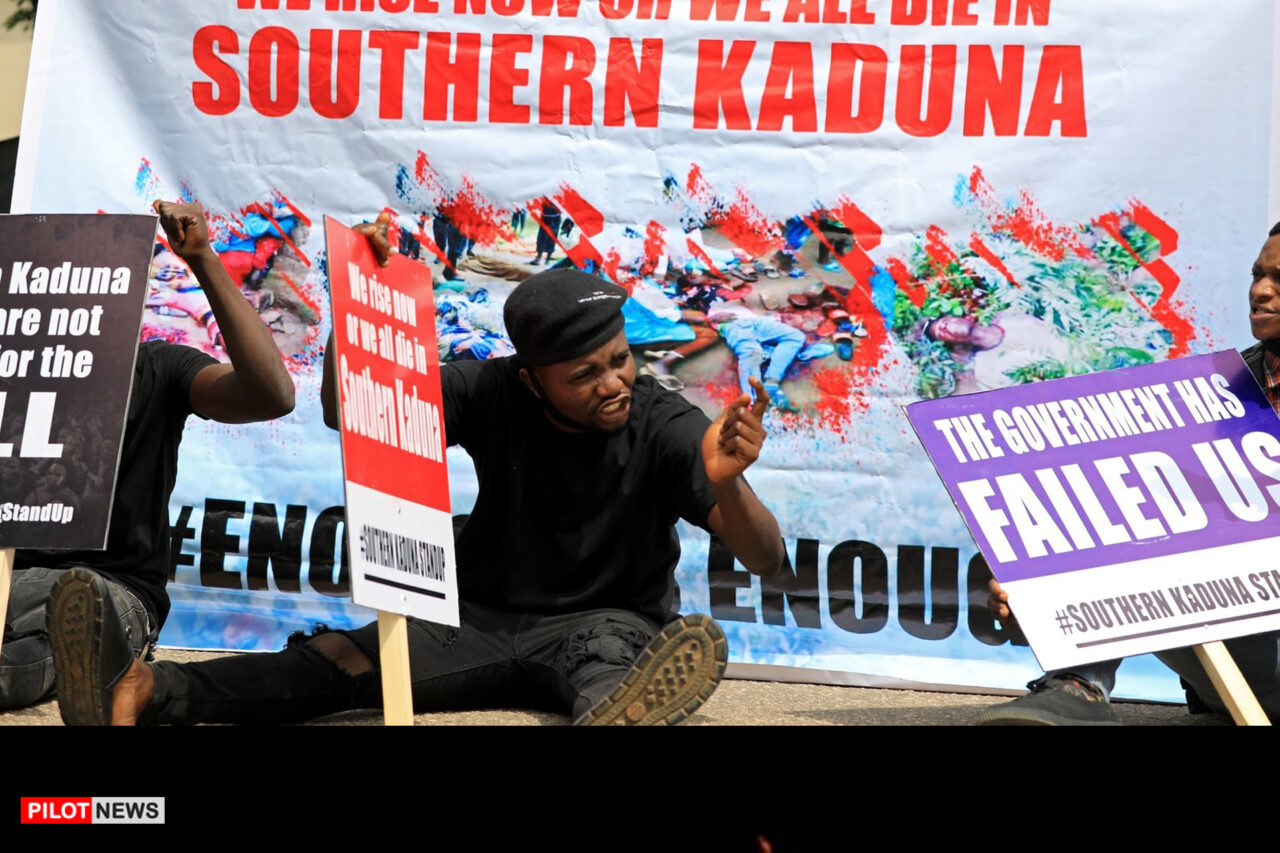By John Campbell, Guest Columnist and Blogger
Some Nigerian movers and shakers appear to be panicking over the continued deterioration of security nationwide. Longtime political heavyweight Bukola Saraki—former governor of Kwara State, former president of the senate, and former chairman of the National Assembly—and Nobel Laureate Wole Soyinka have urged President Muhammadu Buhari to seek outside assistance. Senior Advocate of Nigeria Robert Clarke at a Sunday, May 2 Channels Television news show questioned whether Nigeria would survive another six months and recommended that Nigeria’s political leadership hand over power to the military because the country is on the brink of collapse; he would have the military (in effect, the army) oversee the often mooted fundamental restructuring of the Nigerian state. (Clarke, Saraki, and Soyinka have long been critical of Nigeria’s governance; Channels Television is a major network and its Sunday morning news/talk shows follow a familiar American format.)
At his meeting with U.S. Secretary of State Antony Blinken, President Muhammadu Buhari asked that the headquarters of the U.S. Africa Command (AFRICOM) be moved from Stuttgart, Germany to Africa, so that it would be closer to the fighting against jihadism in the Sahel and the Lake Chad Basin. Since AFRICOM’s establishment in 2007, Nigeria has generally opposed any permanent AFRICOM presence in Africa. Critics have alleged that AFRICOM is “neocolonialist.” Buhari’s request was a reversal of longstanding policy.
Perhaps in direct response to Clarke’s televised remarks on May 4—as well as Sen. Saraki and other critics—Acting Director of Defense Information Brig. Gen. Onyema Nwachukwu publicly stated that the military has no intention of taking power: “We shall continue to remain apolitical, subordinate to civil authority, firmly loyal to the president…and the 1999 constitution.”
The bottom line is that while Clarke is an outlier, something of a consensus among Nigerian elites seems to be forming that the country is in deep trouble and that radical options must be considered. But no consensus exists about what state collapse would look like, what the way forward should be, and what “radical restructuring of the Nigerian state” would actually mean or how it could be achieved. For now, however, the outlook would seem to be continuing, perhaps accelerating instability and uncertainty.
John Campbell is the Ralph Bunche senior fellow for Africa policy studies at the Council on Foreign Relations in Washington, DC. He was a former U.S. ambassador to Nigeria. He writes the blog Africa in Transition. This article first appeared in CFR.
- Anambra 2025 Governorship Election Might Be an Open Contest - April 24, 2024
- Anambra Assembly Passes Bill To Prohibit Secret Cults - April 24, 2024
- 2024 Aguata NBA Law Week: AG, Prof. Ifemeje Touts Landmarks and Expectations - April 19, 2024


